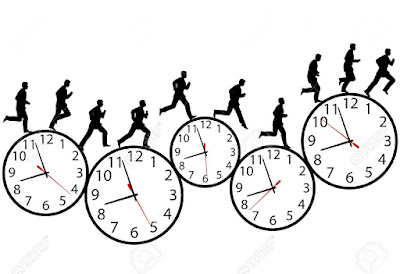HR is the means used by companies to ensure useful communication takes place between company employees and when seeking new recruits.
You may have set up a company but maybe you have found that you cannot get enough workers to take up vacant positions. This is where you may need English German translators to help you with the recruitment process where advertising overseas for employees may be necessary. You need to ensure all the information about the vacancy such as wages, job conditions and hours are available in the languages which the best potential employees are likely to speak. Misunderstandings can often take place if the job specifications are not clear to potential candidates.
To get your human resources from outside your own country you will have to ensure all the information about the job is translated using a good German English translation so that you have access to the highest quality candidates.
Submitting immigration paperwork
Accessing human resources overseas is more than just advertising and selecting the best applicants but your new employees will have to go through a mountain of paperwork before they are given permission to land on the shores of your country. There will be immigration documents to complete, a contract will need to be signed and details regarding additional benefits that go with the job such as health insurance and help with housing. If all this is made available with a proficient English German translation this will make the process faster and simpler.
Understand company training documents
If your new employees are not completely fluent in the language of your country you will need to translate important information about your company to avoid unnecessary misunderstandings. This includes your company's policies on certain things like what an employee should do if unable to come to work due to sickness or has a complaint to make about the company.
Communication with employees
Once your new employees have settled into their jobs it does not mean that human relations comes to an end but your employees should be kept up-to-date on happenings in the company through newsletters, key announcements and blog posts. Providing a suitable German English translation of HR documents such as these can help to speed up understanding by new employees.
All HR departments that need to communicate with employees who speak a variety of languages will need top professional German translation help to facilitate communication.






